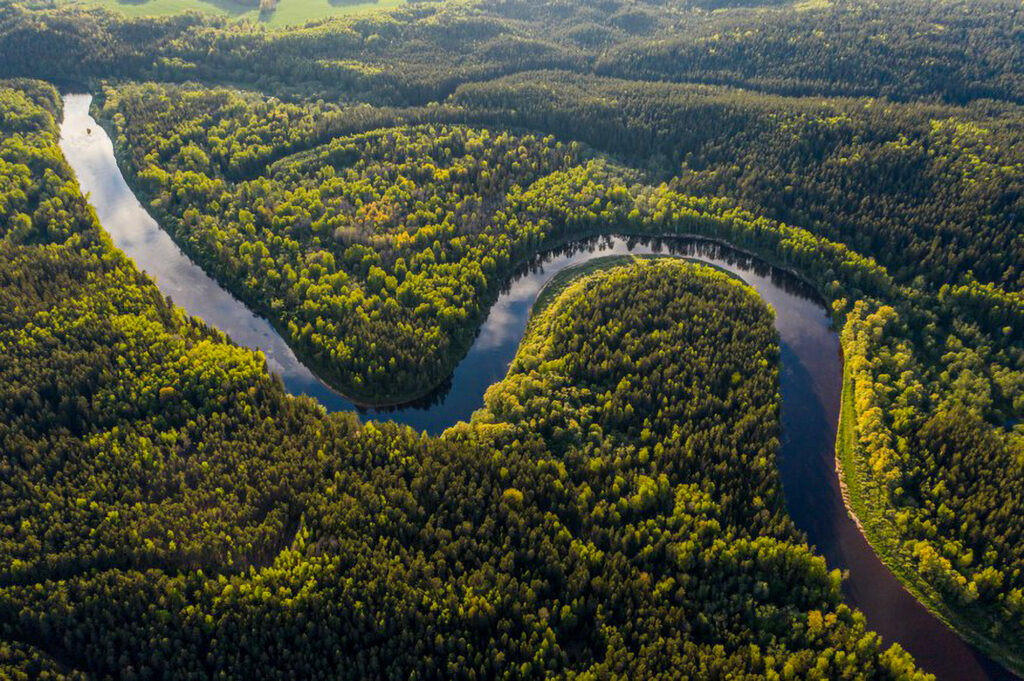Study Warns Amazon Is Near Tipping Point Of Transitioning From Rainforest To Savanna
Researchers analysing changes in vegetation biomass have warned that the Amazon rainforest risks transitioning to savanna, with dire consequences for global warming.
The vast Amazon rainforest covers 2,100,000 square miles in nine different nations. It counts for over half of the world’s rainforest and is the largest and most biodiverse tract of tropical rainforest on the planet.
But now, Chris A. Boulton and Timothy M. Lenton from the Global Systems Institute of the University of Exeter, working with Niklas Boers from the Potsdam Institute for Climate Impact Research, have recently published a study in ‘Nature Climate Change’ that shows that the so-called ‘lungs of the earth’ are at great risk.

The researchers said: “The resilience of the Amazon rainforest to climate and land-use change is crucial for biodiversity, regional climate and the global carbon cycle. Deforestation and climate change, via increasing dry-season length and drought frequency, may already have pushed the Amazon close to a critical threshold of rainforest dieback.”
The researchers used data analysis from high-resolution satellite images to show that “more than three-quarters of the Amazon rainforest has been losing resilience since the early 2000s, consistent with the approach to a critical transition”.
In a statement by the Potsdam Institute for Climate Impact Research, Boers starkly warns: “We see continuously decreasing rainforest resilience since the early 2000s, but we cannot tell when a potential transition from rainforest to savanna might happen. When it will be observable, it would likely be too late to stop it.”
Boers explains why this would be a catastrophe, writing: “The Amazon rainforest is a home to a unique host of biodiversity, strongly influences rainfall all over South America by way of its enormous evapotranspiration, and stores huge amounts of carbon that could be released as greenhouse gases in the case of even partial dieback, in turn contributing to further global warming.”
Lenton concludes with the recommendation: “It confirms that strongly limiting the logging, but also limiting global greenhouse gas emissions, is necessary to safeguard the Amazon.”
The research forms part of the project ‘Tipping Points in the Earth System’ (TiPES), which is funded by the European Union’s Horizon 2020 programme.



